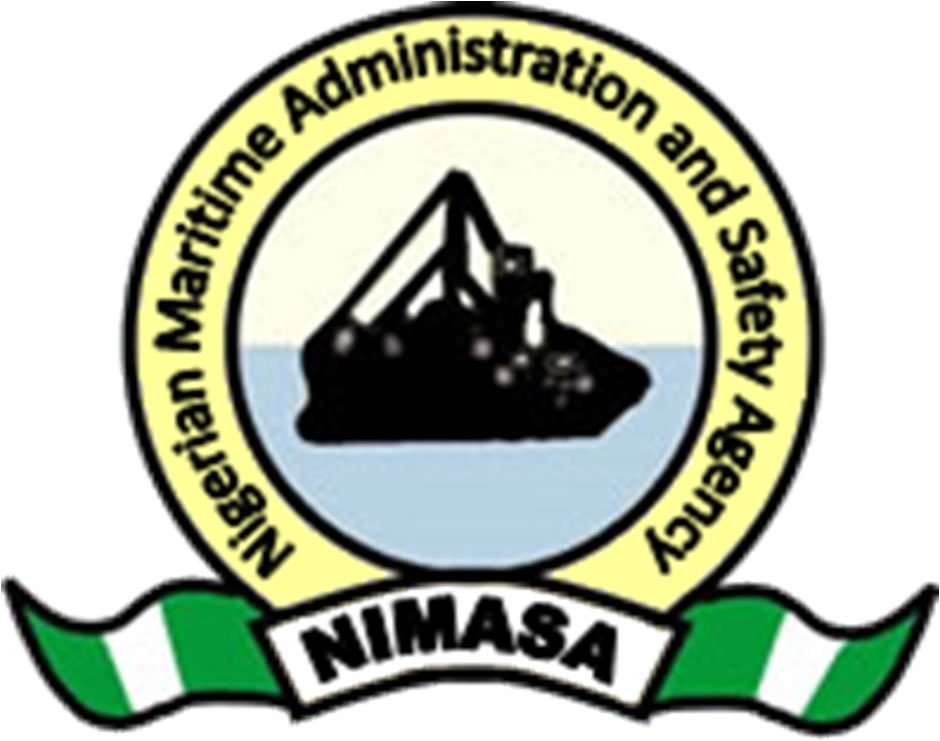He said that NIMASA was developing a National Ship Building and Infrastructure Development Strategy, aimed at bridging the gap of capacity building for trained seafarers
The Minister of Transportation, Alhaji Mu’azu Sambo, has commended the management of Nigerian Maritime Administration and Safety Agency (NIMASA) for its capacity development initiatives in the Nigerian maritime sector.
Sambo gave the commendation in a statement made available to newsmen in Lagos on Monday and signed by the Assistant Director, Public Relations, NIMASA, Mr Edward Osagie.
The minister applauded NIMASA for remaining focused in the delivery of its mandate, noting that the agency had a better image than what it was 10 years ago.
“NIMASA of today has come a long way from the NIMASA I knew 10 years ago. I commend the entire management and staff of the agency for raising the bar; it is a symbol of team work.
“I am impressed with the customer experience centre and your efforts to attract young Nigerians into the maritime sector via various capacity development projects including the essay competition for secondary school students,” he said.

Commenting on the Cabotage Vessel Financing Fund (CVFF), the minister reiterated the commitment of the ministry to work with the agency in ensuring it was disbursed to deserving beneficiaries.
Sambo said that the fund would boost shipping activities in the country’s maritime sector.
“If there is a jinx about the CVFF, I am going to break it by getting it disbursed to deserving Nigerians.
“ If these funds are disbursed, the President Muhammadu Buhari’s administration and the Federal Ministry of Transportation will take credit, while it remains a legacy in your administration,” he said.
The minister called for more synergy between NIMASA and other parastatals under the supervision of the ministry, in addition to the Nigerian Navy and members of the Nigerian Armed forces toward ensuring the success of the Deep Blue Project.
On his part, the Director-General of NIMASA, Dr Bashir Jamoh, thanked the minister for his dynamic leadership in steering the affairs of the ministry.
He also assured that the agency remained committed to actualising its mandate as stipulated in the four enabling Acts of the National assembly for a robust and attractive maritime sector in Nigeria.
Jamoh used the opportunity to intimate the minister on some of the activities of the agency in realising a robust maritime sector which include; obtaining approval for physical and monetary incentives for ship owners to purchase brand new vessels at zero duty.
He noted that they also assisted them in getting foreign exchange at the Central Bank of Nigeria rate respectively.
“The move is to help phase out old and rickety vessels from the nation’s waterways and encourage more participation in the Nigerian shipping industry,” he said.
The director-general informed the minister that under the Deep Blue Project, 600 Special Forces from the Nigerian Navy, Nigerian Army, Nigerian Air Force, Department of State Security, amongst others, were undergoing training for special skills to ensure effective implementation of the project.
He said that the intent was to ensure that the nation’s waterways remain safe from all forms of criminalities.
Jamoh said that under the Nigerian Seafarers Development Programme (NSDP) scheme, over 2,000 Nigerians had undergone training, out of which about 800 were actively engaged on various ships, with a huge number of them working on the Nigerian Liquefied Natural Gas (NLNG) ships.
He said that NIMASA was developing a National Ship Building and Infrastructure Development Strategy, aimed at bridging the gap of capacity building for trained seafarers.
“Other achievements listed include but are not limited to; Enhanced Maritime Safety administration through effective Ports and Flag States Inspection on Foreign and Nigerian flagged vessels; Enforcement of safety regulations on barges; and tug boats through Operation Sting Ray.
“Reactivation of Online Seafarers Certificate of Competency Verification Platform, and commenced activities toward ensuring GHG emission reduction in the maritime sector with an emphasis on achieving 0.5 per cent Sulphur Oxide (SO2) in Bunker fuel oil,” Jamoh said.
The minister also undertook a tour of the NIMASA Maritime Stakeholders Experience Contact Centre (MSECC).
The 24-hour centre serves as a platform for both internal and external stakeholders to resolve any issue within the stipulated hours.